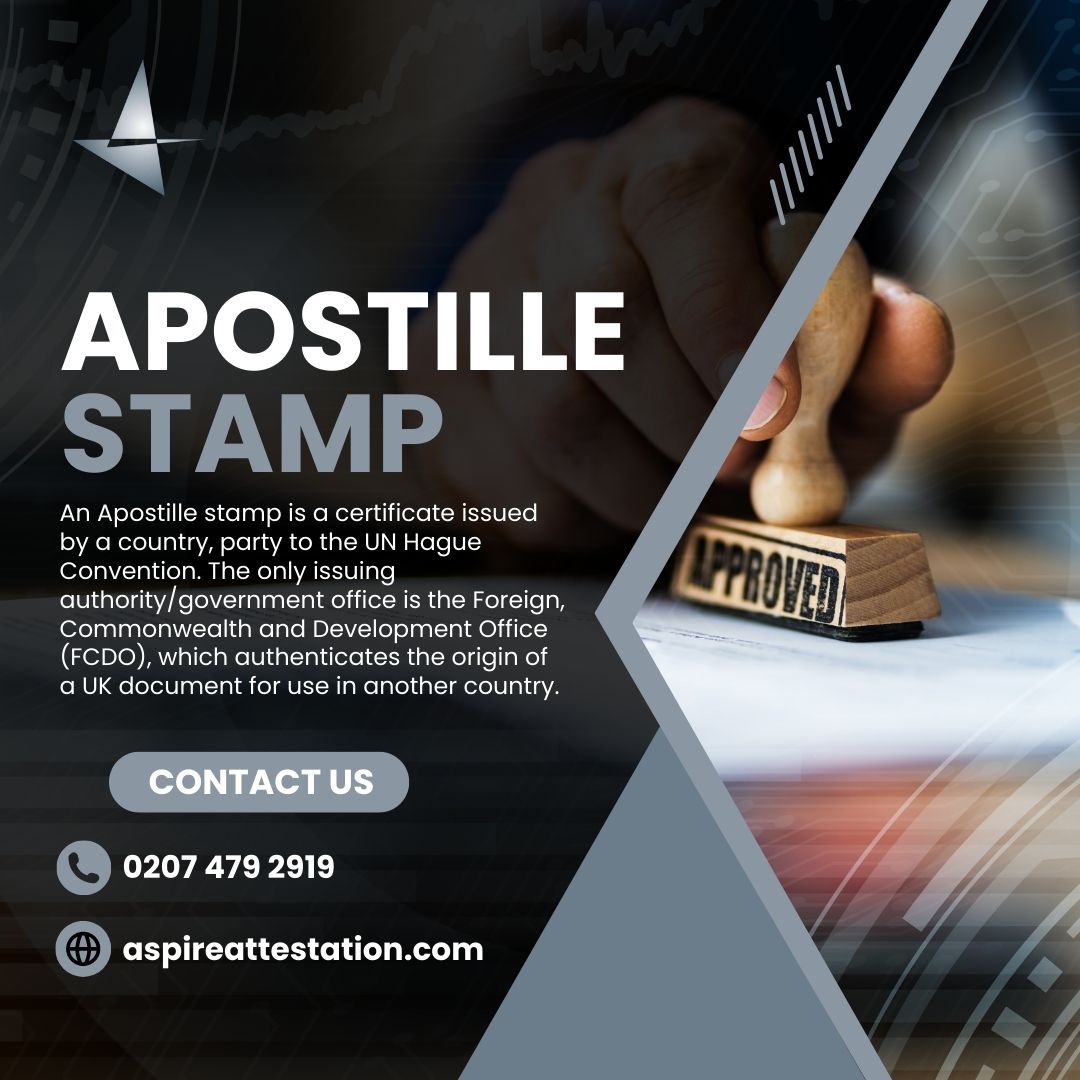Navigating through international laws can seem like a daunting maze, one filled with legalese, obscure procedures, and numerous paperwork. One term you've probably come across is "Documents Apostille", especially if you're looking to validate your UK-issued documents abroad.
This process might seem confusing at first glance, but it's simpler than you'd think. Let's go ahead and decode it!
A Brief History of Apostille: Birth of a Global Standard
In the era of growing international interactions, documents are constantly crossing borders. Whether it's a job abroad, studying in a foreign country, or international business dealings, you need your documents to be recognized universally. This is where Documents Apostille comes into play.
To understand the Apostille process, let's go back to 1961. The world powers, seeking to streamline international document recognition, gathered in The Hague, Netherlands.
This resulted in the Hague Convention Abolishing the Requirement of Legalisation for Foreign Public Documents, more commonly known as the Apostille Convention. The core idea? Creating a global standard for verifying public documents, eliminating the need for multiple validation levels.
Documents Apostille: The Why and How
Why Do You Need Documents Apostille?
The need for Documents Apostille arises when a document issued in one country needs to be used in another. Foreign authorities often ask for these documents to be 'legalised' or 'apostilled' before they can be recognised as valid in their jurisdiction.
Documents Apostille is a way to confirm that a document issued in one country is genuine, allowing it to be recognized in all countries that have joined the Apostille Convention. The process authenticates the origin of the document, ensuring it has been issued by a competent authority and bears valid signatures.
Imagine you are offered a fantastic job opportunity in Spain, and you're a UK citizen. Your new employer requests a copy of your degree certificate. Here's where Apostille UK comes into play. Your degree certificate, issued in the UK, needs to be apostilled to prove its legitimacy in Spain.
How Does the Apostille Process Work?
The process of obtaining a Documents Apostille involves a designated Competent Authority in your country, verifying the document and attaching an Apostille certificate to it. In the case of Apostille UK, the Foreign, Commonwealth & Development Office (FCDO) is the Competent Authority.
Suppose you're aiming to apostille your birth certificate. The FCDO will verify the signature, seal, or stamp on the document against a database of public officials.
If everything checks out, they'll attach an Apostille certificate to the document. This Apostille is a small document itself, embossed with a unique seal and identification code, which provides the details of the authority that has issued the Apostille.
Beyond The Basics: Navigating The Apostille Process
Knowing the theory behind Documents Apostille is a good start, but when it comes to navigating the Apostille UK process, it's crucial to understand the details.
What Documents Can Be Apostilled?
In the context of Apostille UK, a wide variety of documents can be apostilled, including birth, death, and marriage certificates, court documents, documents from commercial registries, and academic diplomas. Essentially, any public document can be apostilled.
Is the Apostille UK Process Time-Consuming?
The Apostille UK process, contrary to popular belief, does not have to be time-consuming. While it's true that the process may take several weeks if done independently due to high demand and postal delays, there are professional services that can expedite the process.
Apostille UK services work closely with the FCDO and can typically get your documents apostilled within a couple of business days. Given the importance of time in our global interactions, this quick turnaround is often a lifesaver.
Final Thoughts:
In the intricate web of international legality, the Documents Apostille is a tool of simplification. It takes the complexity out of document validation across borders, and the Apostille UK process, while it might seem daunting, can be navigated efficiently with the right knowledge and assistance.
As our world continues to grow smaller, with opportunities no longer limited by borders, understanding processes like the Apostille UK becomes vital. It's not just about legality; it's about the freedom to move, work, and live internationally without being hindered by bureaucratic roadblocks.
Decoding the Apostille process is about decoding the world we live in, a world that is more interconnected than ever before. Here's to breaking down borders, one apostilled document at a time!


No comments yet